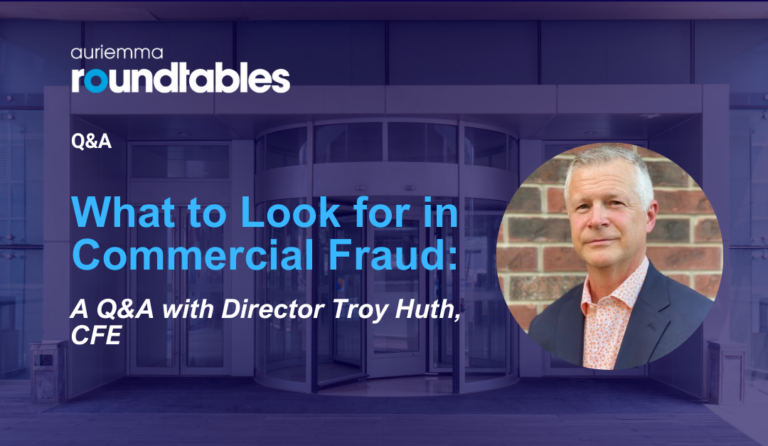January 7, 2025
Auto Lending in 2025: Navigating Tariffs, EV Incentives, and Interest Rate Policymaking
With a new administration ready to take the helm this month, policies expected out of Washington could have major impacts on the auto markets and the ongoing response to inflation and interest rates.
The auto lending market is set to undergo significant changes in the coming year, driven by a new administration’s economic policy shifts, regulatory developments, and broader macroeconomic trends. Potential new tariffs on foreign-made vehicles and imported components, the effects of electric vehicle (EV) tax credit policies, and anticipated Federal Reserve actions on interest rates will influence consumer demand, lender risk, and overall market dynamics in the auto financing space.
Here’s a preview of what Auriemma Roundtables’ auto lender members will be focused on in 2025:
Tariffs
Industry watchers anticipate the imposition of tariffs on foreign-made vehicles and imported components. President-elect Donald J. Trump plans to impose a 25% tariff on goods from Mexico and Canada, potentially disrupting the deeply integrated North American auto industry. Under current trade laws, both Canadian and US-made parts are considered domestic. Even under this broad definition, no US-assembled car exceeds 75% domestic content – and any imposed tariffs on imported parts could drive up costs for US-assembled vehicles to the extent automakers pass costs to consumers.
The used car market, meanwhile, reacts to the upstream impacts of the new car market. Fewer new autos being sold means fewer trade-ins, while buyers priced out of the new car market will compete for fewer used cars.
The bottom line for auto lenders: Higher vehicle prices lead to larger loan amounts and potentially lower loan volumes due to declining affordability.
The Fate of EV Tax Credits
Another critical factor is the evolving policy on Electric Vehicle (EV) tax credits. President-elect Trump’s transition team is considering eliminating the $7,500 consumer tax credit for EV purchases as part of broader tax reforms, potentially slowing the EV industry’s growth in the US. While Tesla, the nation’s largest EV maker, supports ending the subsidy, other automakers, like General Motors and Ford, rely on the credit to boost sales and offset significant EV production losses. However, these policies are under review and could be amended or eliminated depending on political and budgetary priorities.
The bottom line for auto lenders: EV demand may decrease, resulting in increased residual value risks if EVs financed under existing incentives depreciate due to reduced demand.
Movement on Interest Rates
The Federal Reserve’s actions on interest rates will also play a pivotal role in the auto lending landscape. Auto loan rates increased through 2022 and 2023, eventually plateauing in 2024 as the Fed began decreasing interest rates. While there has been stabilization in auto rates, prices remain higher than pre-pandemic levels.
As of December, the Fed signaled it only anticipates cutting rates twice in 2025. With higher rates already pressuring auto loan affordability, particularly for consumers with lower credit scores, buyers may move toward used vehicles with lower price points.
The bottom line for auto lenders: There will be pressure to maintain competitive offerings, especially as credit unions and fintech lenders continue their advance into the auto lending space.
The Power of Collaboration
The year ahead in auto lending will be shaped by these evolving trade policies, EV incentives, and interest rate developments. To succeed in this dynamic market, auto lenders must carefully balance risk management with competitive strategies.
In 2025, successful lenders will monitor policy changes closely, particularly regarding tariffs and EV incentives, to anticipate shifts in pricing and demand. Members of Auriemma’s Auto Originations Roundtable collaborate to meet these challenges navigate the regulatory environment through roundtable meetings, data benchmarking, and thought leadership.
To learn more about membership, contact Tami Corsi.



